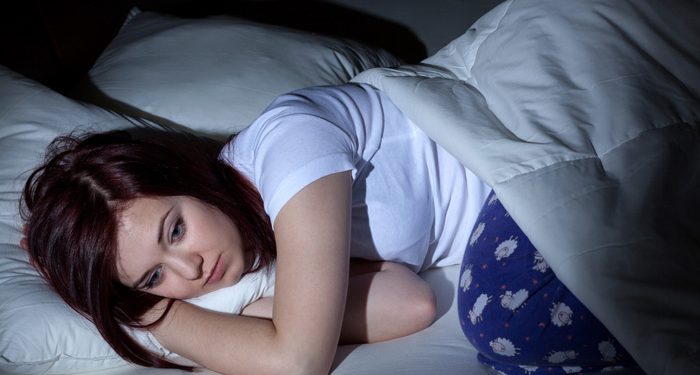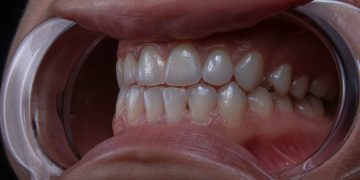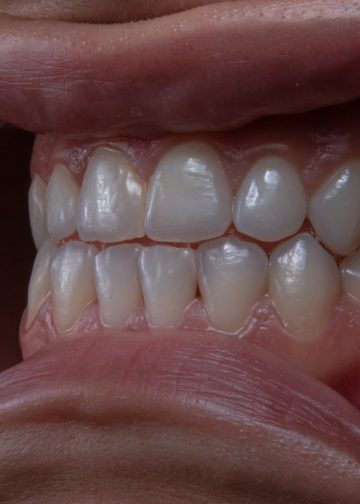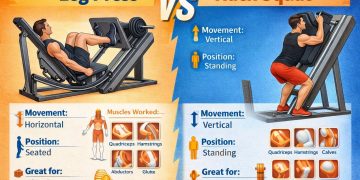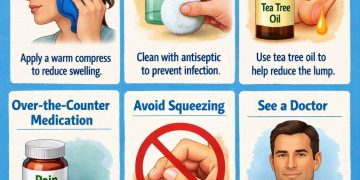Different people experience different things while sleeping. Some people snore and sometimes share dreams. However, you may also experience some senses apart from dreaming, like tasting, smelling, or listening to things when you are asleep. This may not be dreaming but a condition called hypnagogic hallucinations. Dreams are meant to be experienced when we are asleep, while these occur when we transition between sleeping and waking.
Listening to things when you are asleep:
Listening to things is usual, and these are often confusing. It is hard to distinguish between reality. It causes strong visuals, which are more complicated to think unrealistic.
Sometimes, you may accidentally get yourself injured because it may create horror. You can also jump out of bed in a state of fear.
Symptoms of Hypnagogic Hallucinations:
Before discussing hypnagogic hallucinations, let us see what hallucinations are. Hallucinations are usually perceiving the presence of an event or object through any of your senses, viz., smell, taste, sight, hearing, or touch, when the thing even does not exist at all.
Therefore, hypnagogic hallucinations occur when you are right on the way to falling asleep. You may fear enough that your hallucinations are real when you wake up.
Auditory hallucinations are very common when you are asleep, and this can be triggered when a person is under stress. Mostly, the sound you hear doesn't have any meaning or purpose at all, as you may feel:
- Popping Noises.
- High-pitched Noises.
- Random and unclear voices.
The voices are believed to be authentic. When a person is under extreme anxiety or stress, the hallucinations become more complex and annoying. The voices may be some rapid thoughts that are disturbing.
Which People Experience More Hallucinations?
Researchers provide the data that almost 25 percent of people over the age of 15 experience hypnagogic hallucinations.
These are generally more common in women. Teens and adults may also face these types of hallucinations, and the frequency becomes less with age.
Causes of Hypnagogic Hallucinations:
The exact reason for hypnagogic to occur is not yet known. However, the following risk factors are believed to have a link with auditory hallucinations:
- Drugs side effects.
Epilepsy may also induce hypnagogic hallucinations. Generally, short visual fragments appear if the hallucinations are caused by epilepsy.
When to See a Healthcare Provider?
Hypnagogic hallucinations are harmless and do not cause any complications in most cases. But it may be a symptom of depression or anxiety and interfere with your sleep pattern making you sicker. Your healthcare provider may ask you some general questions like mentioned below to diagnose the problem:
- How often do you experience hallucinations?
- When did it begin?
- Do you have any other sleeping problems?
- Are you sleepy during the daytime?
- What do you listen to in auditory hallucinations?
Your psychiatric history may also be checked to make the diagnosis straightforward. Knowing your sleeping pattern is necessary since it can help to understand the reason behind your auditory hallucinations.
Typical Treatment:
Treatment begins when the cause of auditory hallucinations is known. Most of the time, the hallucinations decrease over time. Getting a good sleeping pattern is required to maintain a night of healthy sleep and avoid auditory or other hypnagogic hallucinations. Sleep specialists suggest the following sleep patterns:
- 8-10 hours sleep for 13-18 years old teens.
- 7-9 hours sleep for 18-64 years senior adults.
- 7-8 hours sleep for 65 years or more aged adults.
You can also follow the preventions to help prevent hypnagogic hallucinations:
- Sleep in an excellent environment to practice good sleep hygiene.
- Keep a regular sleep schedule and go to sleep and wake up at the same time.
- Work hard enough during the day to get tired enough to have a good sleep.
- Avoid Using alcohol and other drugs. If the medications seem to cause hallucinations, try consulting your doctor.
- You can also start yoga and meditation to help strengthen your mental health to avoid stress.
The Bottom Line:
Auditory Hallucinations seem to be common, yet they may cause disturbance in your daily lifestyle by disturbing your sleep routines. This may also be a symptom of any ear-related problems. Therefore, they consult an Otolaryngologist who is a Specialist in providing treatments for your ear, nose, or throat; consequently, they are called an ENT Specialist. At Marham.Pk, we have the best team of ENT Specialists.
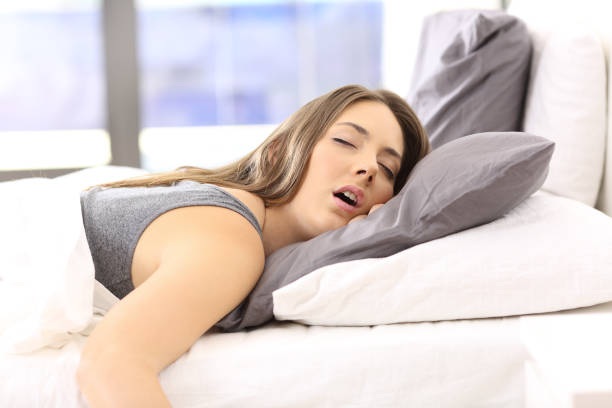
Additional Frequently Asked Questions Related to Auditory Sleep Hallucinations:
Most of your queries are well answered in the above section. However, some other FAQs are answered below as well:
Are Auditory Hypnagogic Hallucinations a severe condition?
Hypnagogic Hallucinations are common and do no harm. However, you face problems when suddenly you wake up or fall off the bed and injure yourself.
Are hypnagogic hallucinations a symptom of mental issues?
Experts believe it may not be a symptom of any mental disorder in most cases. However, it may be a symptom of anxiety or stress.
Can antidepressants cause hypnagogic hallucinations?
Some groups of antidepressants are believed to cause hypnagogic hallucinations.
Can you fully recover from auditory hypnagogic hallucinations?
In most cases, the auditory hallucinations are fully recovered after some time. However, if it is taking more time, try consulting your healthcare provider.


